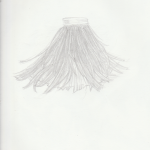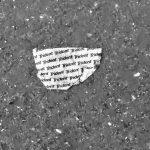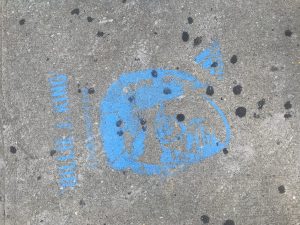Past participle verb
1: “to establish an order”
2: “to issue an order”
– Merriam Webster Dictionary
The word ordained was found in the reading: “Wind, Sand, Stars” written by Antoine de Saint-Exupery. The sentence the author uses the word is, “It is as if there were a natural law which ordained that to achieve this end, to refine the curve of a piece of furniture, or a ships kneel, or the fuselage of an airplane, until gradually it partakes of the elementary purity of the curve of a human breast or shoulder, there must be the experimentation of several generations of craftsmen.”
The reason he uses the word ordained in this quote is that he’s trying to explain that there isn’t a law that is forcing these craftsmen to perfect the ultimate perfect project. After this quote, he explains that to achieve perfection is not to add more and more to their work but when you stripe everything to its purity that is when it’s absolute perfection because of the simplicity. So in this, he’s trying to say as if there is some natural law that enforces these craftsmen to keep and keep trying to refine their work when it doesn’t need to be.
The word ordain or ordained is used a lot for religious reasons like saying: “So the gods have ordained these new rules,” or “Now she will become an ordained minister.” So, the word also has another type of definition in the Christian community which is to make someone a priest or minister. However, the definition I put for the word goes with how the author was trying to use it.















 Stable
Stable Stable
Stable Ambiguous
Ambiguous 





